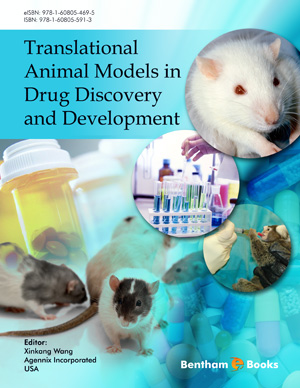Abstract
Heart failure (HF) is a major cause of morbidity and mortality. While the current therapies for inhibition of the rennin-angiotensin-aldosterone and sympathetic adrenergic systems have provided clear benefits to HF patients, the disease still progresses in most patients and development of novel therapeutics is still needed. Moreover, concerns about cardiac safety in drug development have taken center stage following recent reports of adverse cardiovascular effects with the use of PPARγ- modulators for the treatment of type-2 diabetes. Issues related to drug efficacy and safety call for appropriate preclinical models of HF that mirror the complex pathophysiological conditions in patients. In particular, cardiovascular drug safety is conventionally assessed pre-clinically in young healthy animals, whereas patients subjected to treatment with drugs such as PPARγ-modulators often have multiple risk factors for cardiovascular disease. While a number of animal models have been developed to explore the pathophysiology of HF and to develop novel therapies, only a few reports address use of these models to assess cardiac drug safety. This chapter focuses on the use of experimental models of HF to assess drug-induced cardiovascular liability by means of biochemical, pharmacogenomic, physiological and imaging biomarkers. Rosiglitazone, a PPARγ activator that has cardiovascular liability in humans, is used as an example for translational investigation in HF models.
Keywords: Animal model, biomarker, cardiac safety, drug safety, heart failure, myocardial infarction, PPARγ, rosiglitazone, translational medicine, type-2 diabetes.






















